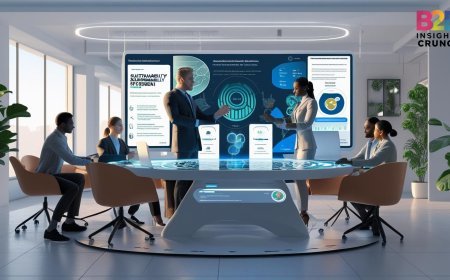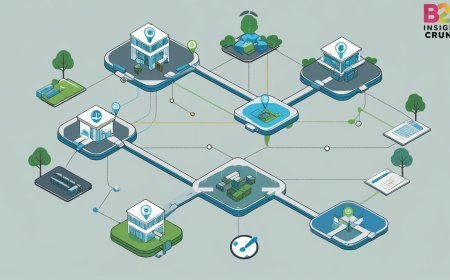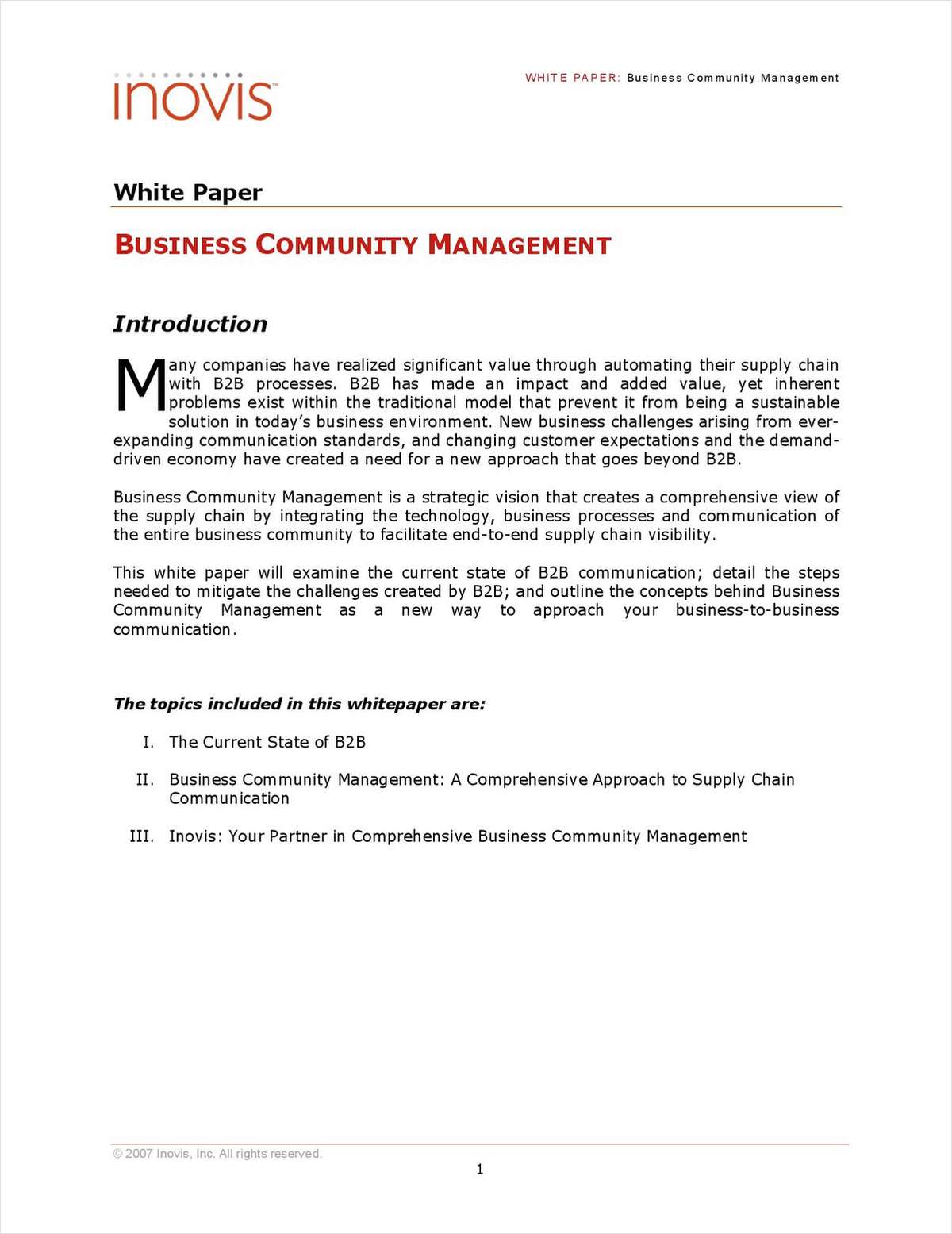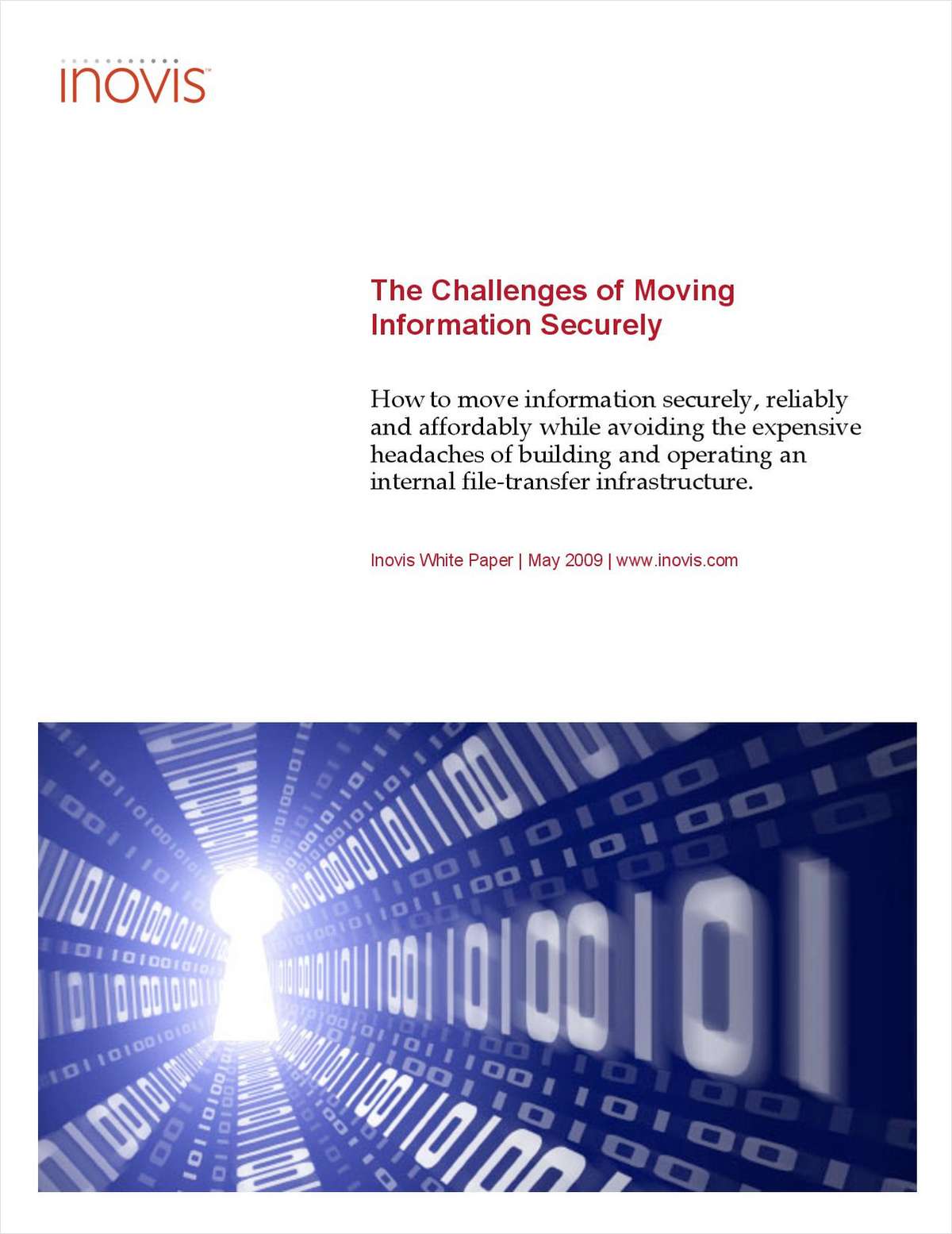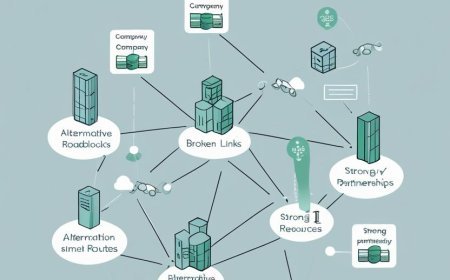Reshaping B2B Customer Experience Through Omnichannel Support

Reshaping B2B Customer Experience Through Omnichannel Support
In today’s fast-paced business landscape, B2B customer expectations have shifted dramatically. Companies no longer settle for just good products or competitive pricing; they seek seamless, responsive, and personalized interactions at every touchpoint. This evolution is driving a fundamental change in how businesses approach customer experience, with omnichannel support emerging as a game-changer in the B2B world.
Omnichannel support means providing a unified, consistent experience across all channels-whether it’s email, phone, live chat, social media, or self-service portals. For B2B companies, this is more than just a buzzword; it’s a strategic imperative. Buyers in the B2B space are often juggling complex decisions that involve multiple stakeholders, tight timelines, and detailed requirements. Offering the ability to engage through their preferred channels without losing continuity builds trust and fosters deeper relationships.
One of the most significant benefits of omnichannel support in B2B is the way it breaks down silos within organizations. Traditionally, a customer might interact with sales, then switch to customer service, and later engage with technical support-each on different platforms with no shared context. Omnichannel solutions integrate these interactions into a single, coherent journey. When a customer reaches out on LinkedIn and then follows up by email or phone, their history and preferences are readily available to every team member involved. This level of insight creates a smoother experience and reduces frustration, a common pain point in B2B dealings.
Moreover, omnichannel support enables businesses to be more proactive. With real-time data from various touchpoints, companies can anticipate customer needs and offer timely assistance before issues escalate. For example, if a client has repeatedly searched for troubleshooting articles but hasn’t contacted support, an automated alert can prompt a customer success manager to reach out. This kind of attentive service transforms reactive problem-solving into proactive partnership.
Another layer to consider is personalization. B2B buyers expect communications tailored not only to their industry but also to their specific role and business challenges. Omnichannel platforms equipped with artificial intelligence can analyze previous interactions and behaviors to deliver relevant content and solutions. Whether it’s suggesting a product upgrade during a live chat or sending a personalized case study via email, these targeted touches demonstrate that a company truly understands and values its clients.
Despite the clear advantages, adopting omnichannel support requires thoughtful planning. It’s not simply about adding more channels but about connecting them meaningfully. Technology plays a crucial role, but the human element remains central. Training teams to handle conversations across different platforms with empathy and consistency is essential. Additionally, collecting feedback and continuously refining the customer journey helps businesses stay aligned with evolving expectations.
Looking ahead, omnichannel support will continue to reshape B2B customer experience by making interactions more fluid, personalized, and efficient. As companies embrace this approach, they will not only meet the demands of modern buyers but also build lasting partnerships grounded in trust and mutual success. In an increasingly competitive marketplace, the ability to deliver seamless support across every channel will be a defining factor in winning and retaining loyal customers.
